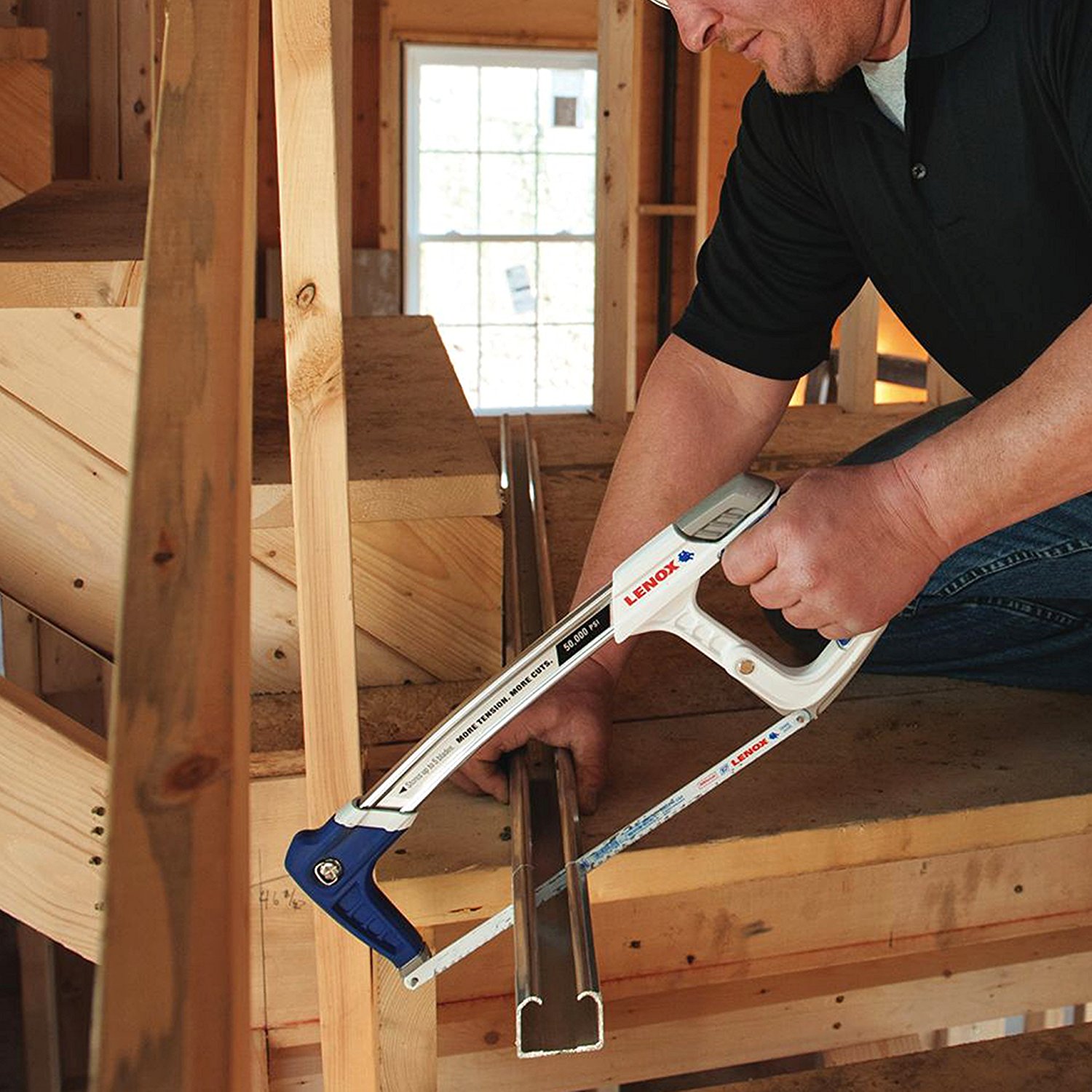- No Obligations
- Stop Paying Too Much For Your Contractor
- No Spam Calling
- Screened & ID Checked Contractors only!
How to Avoid Renovation Scams
0
 How to Avoid Renovation Scams
earlyexperts.net
How to Avoid Renovation Scams
earlyexperts.net
The prospect of renovating your home is both exciting and potentially expensive. Whether it is a kitchen, bathroom, or full addition of living space, it is important that your upgrade is not just an expense, but an investment.
The latter means that whatever it is you are doing to your home, it must add overall value and equity to the property. Certainly added space for your budding family is a benefit, but in the end, if it doesn’t render a larger return upon resale than would have previously been possible, would it have been worth it to just upgrade to a larger home in the first place?
There are plenty of great contractors out there capable of boosting your portfolio with a piece of real estate you can bank on. That said, there are plenty of scams in the home improvement space that can leave you barely flush due to the front end cost should you fall victim.
In this article, we outline seven of the most common home renovation scams and how to avoid them so that your assets can appreciate along with the growth of your family and the quality of life in your home.
Another Man’s Trash
This scam tends to sound like this: “I have been working nearby and have some extra materials that will not be used on the project. I can give you a good deal on cost of material is you hire our company for the labor.”
If this contractor were worth even his own weight in material, he would have made a reasonable estimate and would not have so much waste. This is because contractors generally include cost of materials into the final cost of a renovation. An overestimate of material capable of serving an entirely different job is completely unacceptable.

This is especially problematic for that original client. It is reasonable to assume that this stockpile has been paid for by another unsuspecting customer, and now the contractor is doubling down.
Hire this ‘company’ and you can expect a job not so well done by an unlicensed, perhaps uninsured workforce that will be hard to find once the work is done.
Evading Responsibility
A gigantic red flag when dealing with general contractors or tradesman is any conversation that suggests the person in charge is trying to avoid pulling permits with the city. If this is the case, it is almost certainly because that person or group of people is unlicensed in the work they are doing.
Unlicensed work means uninspected work. It is very possible that a renovation done this way will not meet code- a huge problem for you, the homeowner, when it comes time for appraisal or to sell your home.
Without the pulled permit, your contractor also evades any and all responsibility as there is no paper trail linking him to the work should something go wrong.
Storm-Chasers
In the wake of a weather disaster, be careful should someone come knocking with promises of quick, cheap home repairs. This is another case of something sounding too good to be true.
The best contractors in your area will be booked up quickly after a major storm. Those companies will have long wait times before they can start, maybe even to come out and provide an estimate.

While not ideal, this inconvenience should not tempt you to go with the first random company that approaches you. The storm-chasing contractor is looking for a quick money job, and their work will reflect it.
What’s worse, because these companies descend on regions of the country where there is known natural weather damage, they are hard to find or even get a hold of after that first check clears.
Cash Now
With any renovation job, it is perfectly normal to have to provide some sort of down payment. That said, any payment that exceeds a third of the total cost is a sign the company you have hired is scheming to take your money and hit the road.
The best defense against the down payment scam is to do your homework. Most states have some sort of limit of money down, and most tradesman (nearly ¾ according to Angie’s List) are willing to negotiate this up front cost.
The Price is Wrong
While there are always unforseen events that take place during a renovation project, it is always good to be weary of ever rising costs associated with the same job.
As mentioned earlier, a credible contractor with lots of experience in residential work should be able to gauge time, material, labor and any other costs associated with a project within a pretty small range. If every time you speak with your contractor, another cost is piled on your already sizable expense, it is safe to assume something is not quite right.

Be sure to study the contract you enter into with anyone you hire for major renovation as there should be some sort of change agent written in that limits the maximum possible cost to homeowners. More importantly, if you suspect something is afoot, call for a second opinion.
Under Pressure
A seasoned contractor knows that part of his or her job is to deal with people who are not in the trade and help them come to informed and logical decisions that are in their best interest. Anything other than that is a sales tactic.
A vetted contractor’s work speaks for itself and should never need a marketing strategy, and definitely not a hard sell.
The hard sell preys on the consumer to make a knee jerk decision that often involves spending more money. Even if something truly is time sensitive, a solid tradesman will do his or her best to buy you as much as possible so that you are comfortable with the job when it’s done. After all, it is your satisfaction that is any contractor’s greatest business development tool.
Black and White, Clear as Crystal…
Just like the unlicensed contractor, the nothing in writing guy is trying to get away with something. A written contract is not only good business, it protects the homeowner and the worker, outlining the terms of the agreement in extreme clarity.

Whenever you hire someone for work on your home, don’t merely ensure that a contract exists, but that it includes a dated schedule of work, terms of payment, an agent of change, a cost breakdown, proof of license, and insurance.











